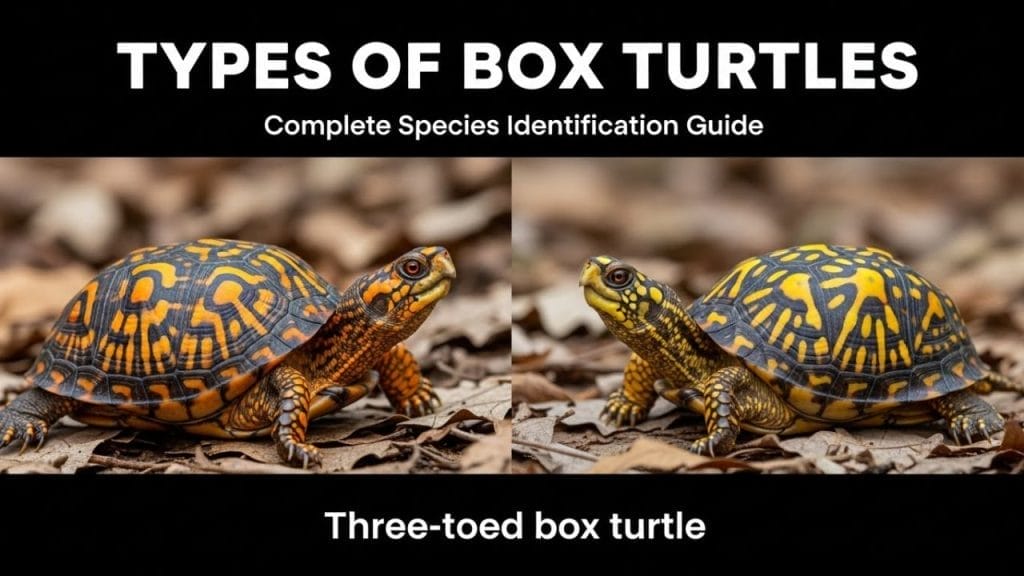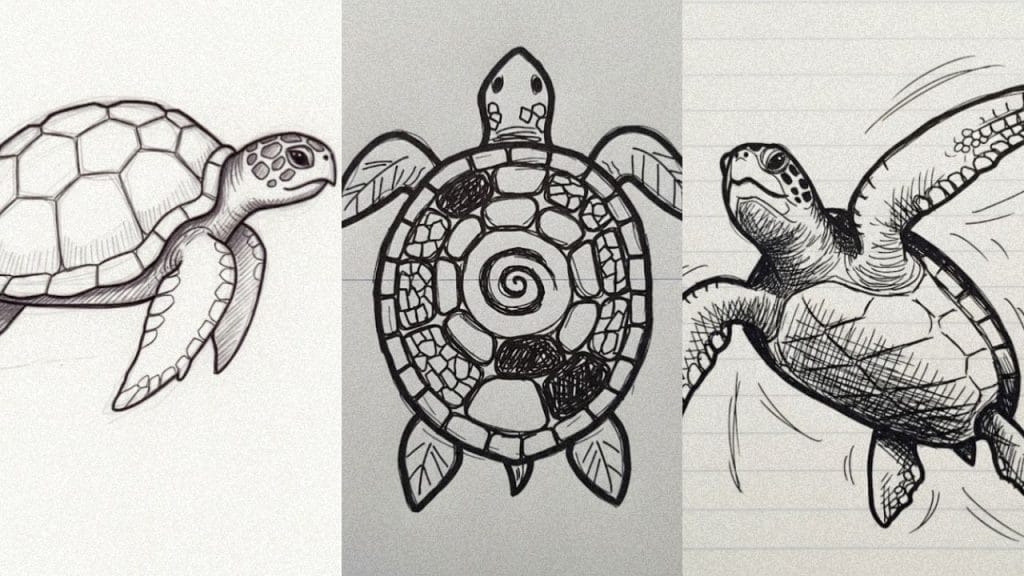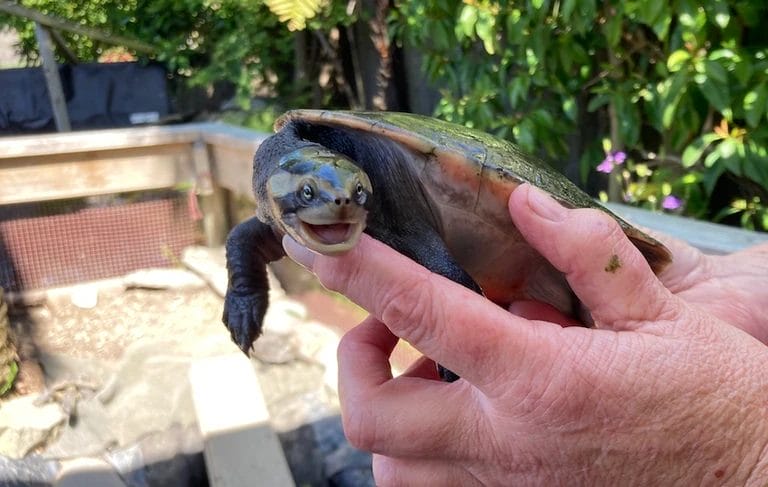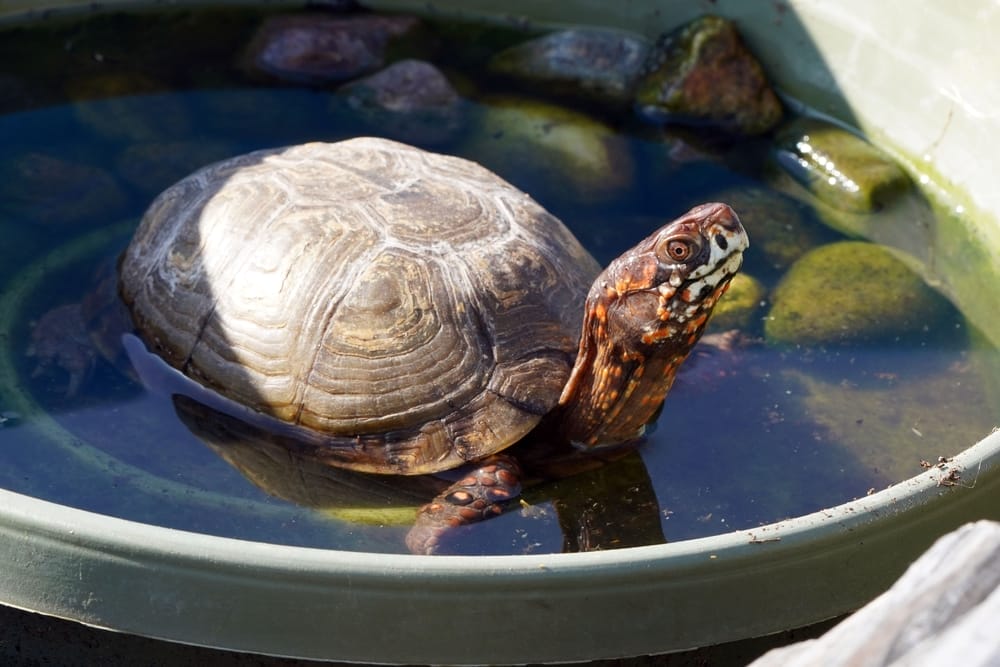Turns Out Turtles Might Be Better at Fighting Cancer Than We Are
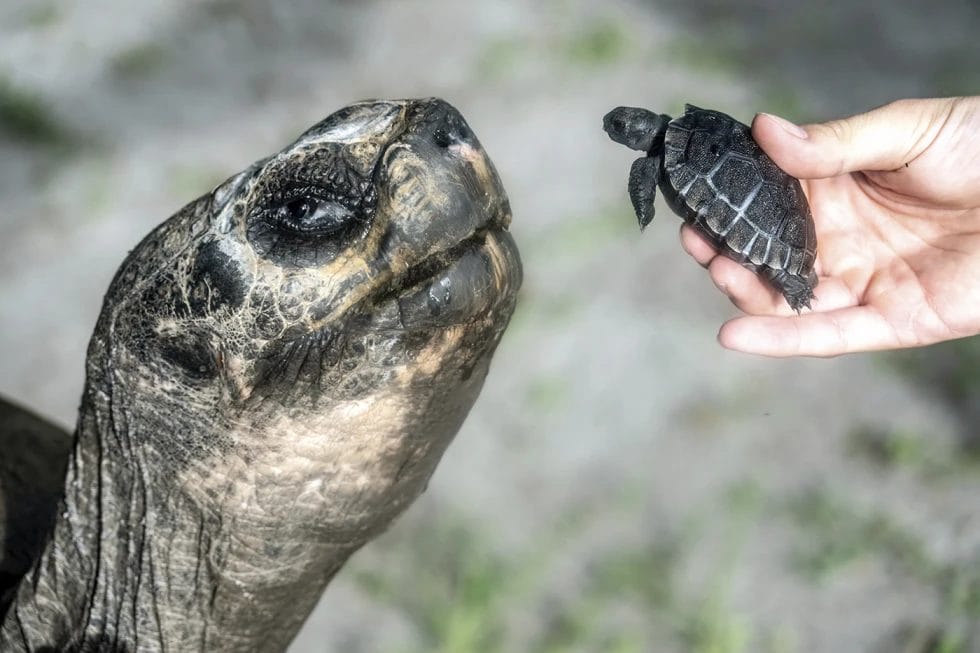
Here’s something that blew my mind—turtles hardly ever get cancer.
I’m talking about less than 1%. A massive global study led by the University of Nottingham found that out of hundreds of turtles and tortoises, barely any had cancer. That’s ridiculously low compared to mammals or birds.
And it gets weirder. These animals live forever. Galapagos and Aldabra tortoises can go past 150 years. You’d think that would give them more time to grow tumors.
But nope—age doesn’t seem to raise the cancer risk for them.

Even when cancer does show up in turtles, it usually doesn’t spread.
The researchers dug through zoo medical records and autopsies, including from places like Chester Zoo in the UK. One of the stars was Burt, a radiated tortoise born in 1945 and still alive. That’s older than most people’s grandparents.
Dr. Ylenia Chiari, who led the study, called turtles an “untapped model” for cancer resistance. She’s onto something. Their bodies might be doing things we’ve never really paid attention to—like slowing down metabolism to reduce cell stress or using unique genes that guard against mutations.
Dr. Scott Glaberman, one of the co-authors, made a good point. Nature’s been doing R&D for millions of years. Turtles might already hold answers to problems we’ve just started trying to solve.
And maybe, just maybe, this is another reason to take turtle conservation seriously. They aren’t just ancient and cool—they might be holding secrets to curing cancer.
That’s wild.

About Author
Muntaseer Rahman started keeping pet turtles back in 2013. He also owns the largest Turtle & Tortoise Facebook community in Bangladesh. These days he is mostly active on Facebook.

